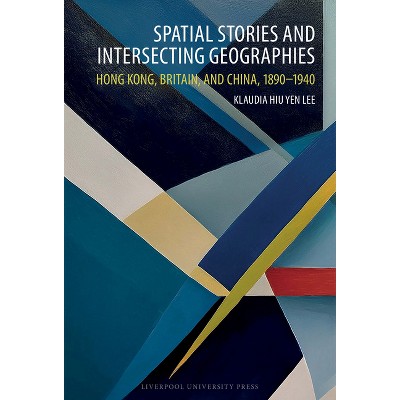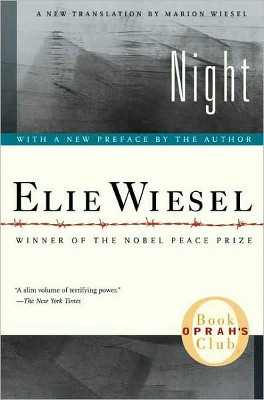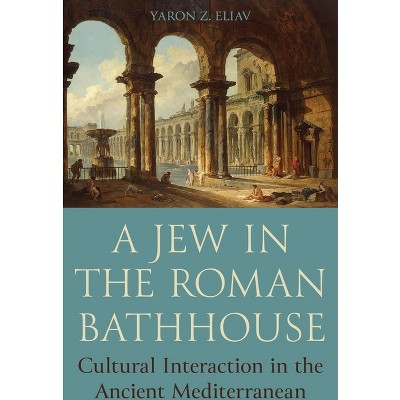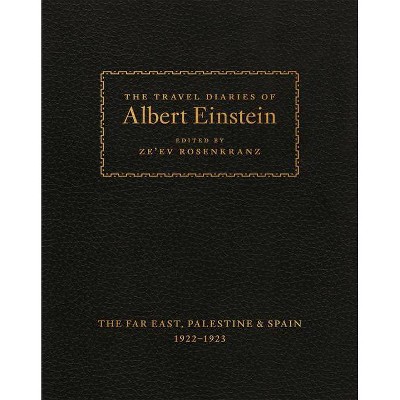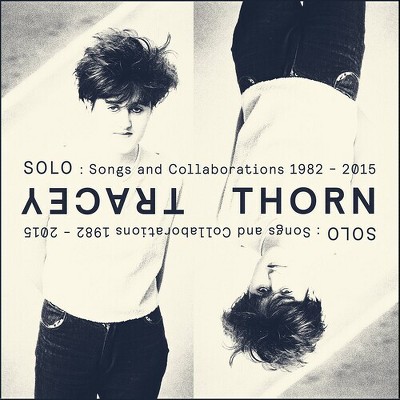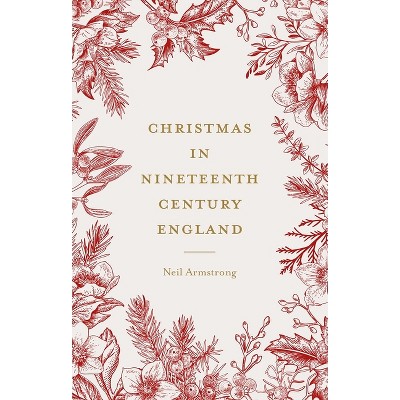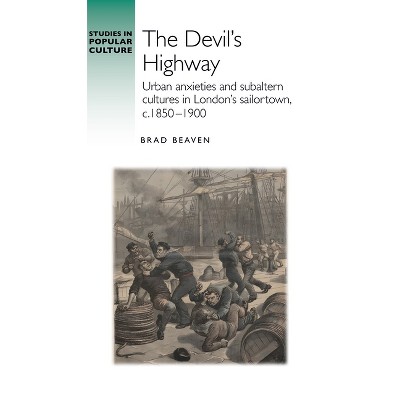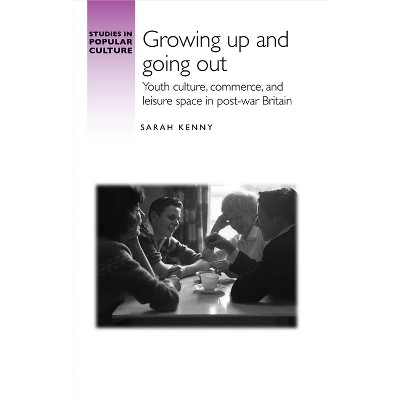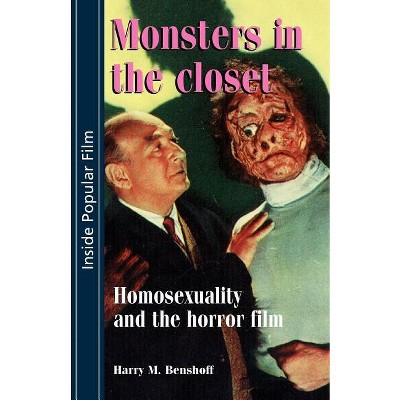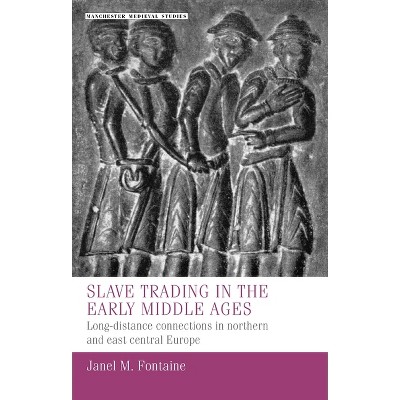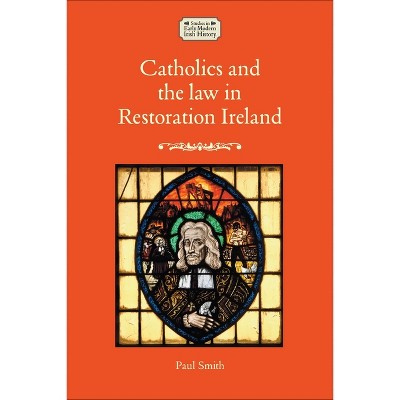Sponsored

Worlds of the Ring - (Studies in Popular Culture) by Sabine Hanke (Hardcover)
In Stock
Sponsored
About this item
Highlights
- Worlds of the Ring is a groundbreaking exploration of the interwar European circus scene, focusing on the German Sarrasani and British Bertram W. Mills' circuses.
- About the Author: Sabine Hanke is a Lecturer in Modern History at the University of Tuebingen.
- 224 Pages
- History, Europe
- Series Name: Studies in Popular Culture
Description
About the Book
This book offers a transnational perspective on interwar circuses and its modes of exotification and Orientalising foreign worlds. It explores how international and national forces shaped the German and British circus, combining interwar popular culture, its globalising forces, and the circus's ties to European imperialism.Book Synopsis
Worlds of the Ring is a groundbreaking exploration of the interwar European circus scene, focusing on the German Sarrasani and British Bertram W. Mills' circuses. This study illuminates the correlation between the circus's evolution and imperialism/nationalism, revealing how these enterprises shaped national identities for popular audiences. Examining the years 1918-45, the book takes a transnational perspective, uncovering the interplay of international and national forces that influenced the modern circus. Through case studies, it delves into the lives of individuals in the industry, using diverse sources like newspapers, legal documents, and performer archives. The book introduces the concept of Orientalism to analyse how circuses depicted foreign worlds, and provides a fresh perspective on interwar popular culture, globalising forces, and the circus's ties to European imperialism in the early 20th century.From the Back Cover
Worlds of the ring is a groundbreaking exploration of the interwar European circus scene. Focusing on the German Sarrasani and British Bertram W. Mills' circuses, it examines how these enterprises animated the nation and its others for popular audiences - and highlights the correlation between the modern circus's evolution and modes of imperialism and nationalism.
Circuses and their grand arenas shaped the entertainment industry between the wars, and excited both small-town and big-city audiences. The book looks at this cultural history of European circuses between 1918 and 1945 from a transnational perspective. Through the lives of different people involved in the industry, it illustrates how the interwar era's interrelated international and national forces shaped the modern circus. It probes the mechanisms at play in depicting foreign and exotic worlds in the circus through the concept of Orientalism, and contributes a new and timely perspective to current debates on race, ethnicity and cultural impacts of empire.
Based on a variety of sources including newspapers, legal documents, advertisements, economic correspondence, photographs and performers' archives, the volume offers a new understanding of circus as a form of interwar popular culture; its globalising forces; and the circus's ties to European imperialism at the beginning of the twentieth century. It makes an original and significant contribution to the history of popular culture and extends the understanding of cultural globalisation in the interwar era.
About the Author
Sabine Hanke is a Lecturer in Modern History at the University of Tuebingen.Shipping details
Return details
Trending Non-Fiction



